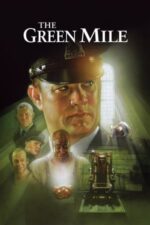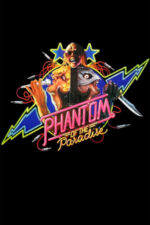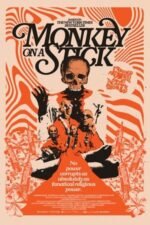When Power Corrupts: A Look at Cinema’s Dark Side
Hey everyone! So, I've been thinking a lot lately about how filmmakers tackle complex themes – specifically, that age-old issue of abuse of power. It's something we see in history books, news headlines, and, sadly, woven into the fabric of human relationships. And cinema, as always, provides some pretty fascinating (and often deeply unsettling) ways to explore it.
It’s not just about a villain being “bad,” you know? It’s about the systems that allow them to flourish, the vulnerabilities they exploit, and what happens when someone believes they're above accountability. Think about Brian De Palma’s Phantom of the Paradise. On its surface, it’s a rock opera revenge fantasy – and it is a brilliant one! - but at its core, it examines how unchecked ambition can lead to monstrous behavior within the music industry. Swan isn’t just stealing Winslow's songs; he’s crushing his spirit, manipulating the legal system, all for personal gain. It's a cautionary tale wrapped in glorious 70s excess.
Then you have films that dive even deeper into systemic corruption. Monkey on a Stick, which I recently revisited, really stuck with me. The way it meticulously uncovers the rot within the Hare Krishna movement – the cover-ups, the exploitation – is just devastating. It's not about demonizing individuals but exposing how even movements built on spiritual ideals can be twisted by those seeking power and control. It makes you question: how easily can belief systems be corrupted? How much trust are we willing to place in authority figures?
Speaking of questioning authority, Terrestrial Verses, a brilliant Iranian film, utilizes satire to expose the absurdity of living under an authoritarian regime. The fixed camera, the seemingly mundane interactions – requesting permission for basic life events – it all builds this incredible sense of tension and quiet desperation. It's a powerful reminder that abuse of power isn’t always about brute force; sometimes, it's about control through bureaucracy and the subtle erosion of individual agency. I remember seeing that film years ago and being genuinely shaken by its understated brilliance.
And for something totally different in tone but equally impactful, check out The Prowler. While seemingly a noir detective story, it subtly explores how blaming others becomes a form of power – a way to deflect responsibility and maintain a sense of control, even if illusory.
Of course, no discussion of this theme would be complete without acknowledging films that push the boundaries… and sometimes cross them. Salò, or the 120 Days of Sodom is intentionally shocking, deliberately confronting audiences with the horrific consequences of absolute power when combined with utter depravity. It’s a brutal film – I won't sugarcoat it – but its exploration of human cruelty remains undeniably potent (and warrants serious consideration and discussion).
Ultimately, these films—from the operatic revenge of Phantom to the stark realities depicted in Salò—offer us a lens through which to examine our own societies. They ask: Who holds power? How is it wielded? And what are we willing to do – or tolerate – when that power is abused?
What films have you seen that explore this theme in compelling ways? I'd love to hear your thoughts!



































